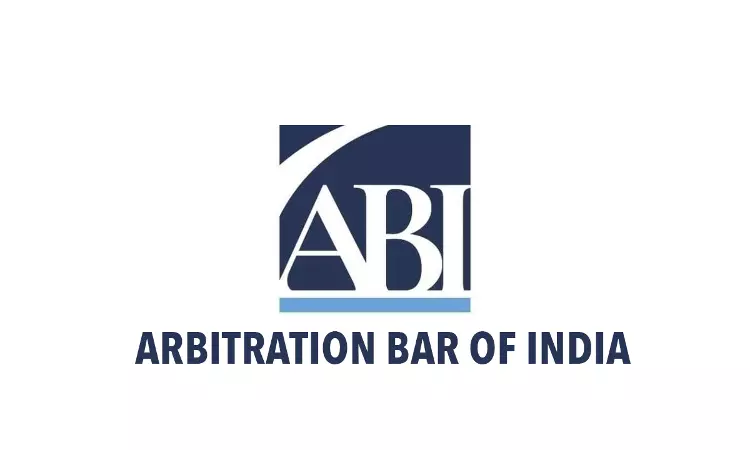The Arbitration Bar of India (ABI) and the Indian Arbitration Forum (IAF) have expressed apprehensions about the recommendations outlined in recent office memorandum issued by the Ministry of Finance, titled "Guidelines for Arbitration and Mediation in Contracts for Domestic Public Procurement.” The memorandum, issued by the Department of Expenditure, advises against...

